As an expectant mother, taking care of your body is paramount not only for your well-being and mental health but also for the optimal development of your baby. Prenatal therapy has a myriad of benefits to help make your pregnancy journey as seamless and healthy as possible. In this post, we’ll delve into the importance of prenatal therapy and how our team can assist you in physical preparation for motherhood.
1. Understanding Prenatal Therapy: What Is It?
Prenatal therapy, also known as prenatal physiotherapy or antenatal physiotherapy, is a specialized branch of physiotherapy that focuses on addressing the unique musculoskeletal challenges faced by pregnant women.
The primary goal is to promote overall wellness and alleviate discomfort associated with the physiological changes that occur during pregnancy. This therapy further supports an expectant mother’s mental health.
2. Tailored Exercise Programs for Pregnancy
One key aspect of prenatal physiotherapy is the development of tailored exercise programs designed specifically for pregnant women.
These exercises aim to strengthen the core and pelvic floor muscles, which play a crucial role in supporting the growing uterus and maintaining proper posture. Additionally, targeted exercises can alleviate common pregnancy-related issues such as lower back pain and pelvic girdle pain.
Prenatal therapists work closely with expectant mothers to customize exercise routines based on individual needs and the stage of pregnancy. These programs contribute to improved mental health, reduced stress, reduced anxiety, and better sleep quality.
3. Pelvic Floor Health Matters
During pregnancy, the pelvic floor undergoes significant changes due to hormonal fluctuations and the increasing weight of the baby. Prenatal physiotherapy emphasizes the importance of pelvic floor health, as a strong and flexible pelvic floor is essential for supporting the uterus, bladder, and bowel.
Therapists guide expectant mothers through exercises that target the pelvic floor muscles, promoting awareness and strength. This focus on pelvic floor health not only aids in preventing issues like incontinence but can also facilitate a smoother childbirth and postpartum recovery.
4. Pain Management & Posture Correction
As the body undergoes transformations to accommodate the growing baby, many pregnant women experience discomfort in the lower back, hips, and knees. Prenatal therapy includes techniques for pain management and posture correction to alleviate these common issues.
Therapists employ a variety of methods, including manual therapy, gentle stretching, and soft tissue mobilization, to address musculoskeletal pain. Education on maintaining proper posture during daily activities is also an integral part of therapy, helping expectant mothers reduce strain on their bodies and enhance overall comfort.
5. Preparation for Labor and Beyond
Beyond the physical benefits, prenatal therapy plays a crucial role in preparing mothers-to-be for birth and the postpartum period. Techniques such as breathing exercises, relaxation strategies, and gentle stretches can contribute to increased endurance during labor and aid in a smoother recovery post childbirth.
Moreover, prenatal therapists provide valuable education on body mechanics during labor, empowering women with the knowledge and skills needed to actively participate in their birthing experience. This holistic approach to prenatal care ensures that mothers are equipped not only for a healthy pregnancy but also for a positive birthing experience.
Schedule a Prenatal Massage at Synergy Rehab!
Scheduling an appointment with a registered massage therapist can be highly beneficial for prenatal women! Massage therapy can provide relief from common discomforts such as back pain, swelling, and muscle tension. Additionally, prenatal massage therapy promotes relaxation, reduces stress, and contributes to an overall sense of well-being, fostering a positive and comfortable pregnancy experience.
By incorporating prenatal therapy into your pregnancy journey, you can lay the foundation for a healthier, more comfortable, and fulfilling transition to motherhood.







